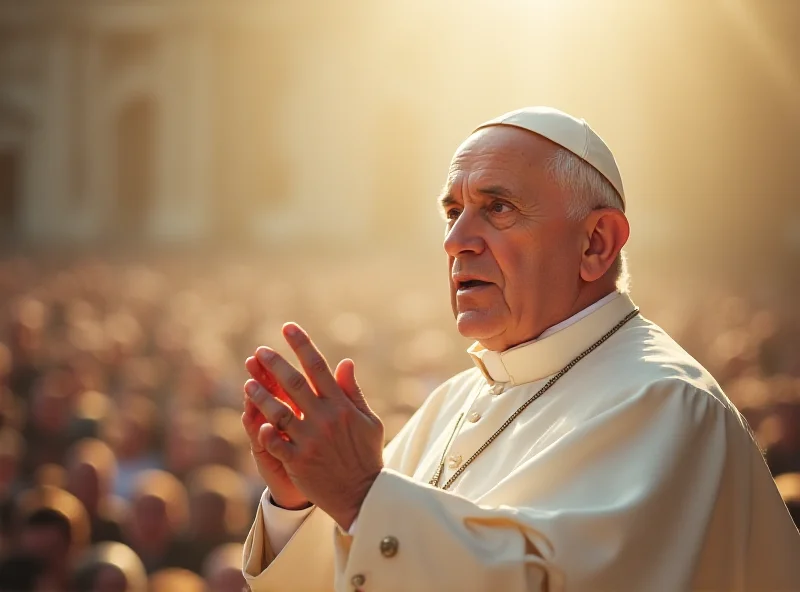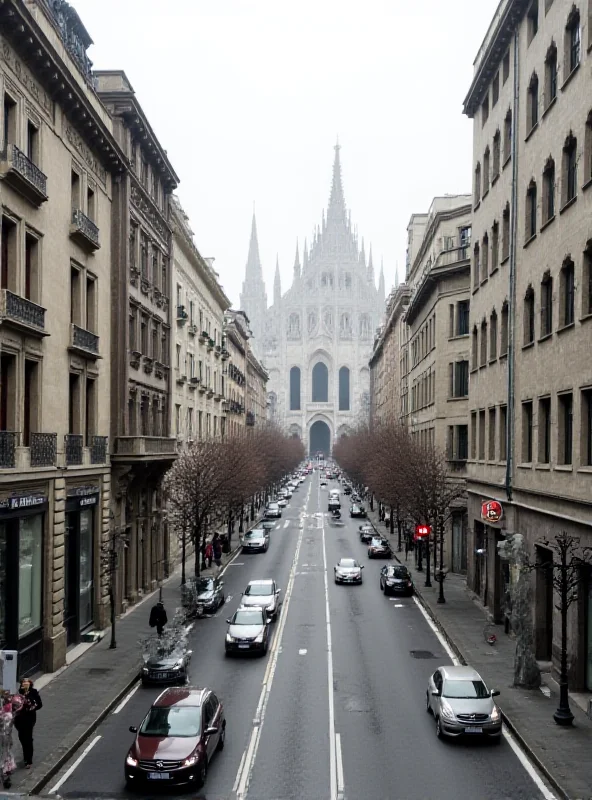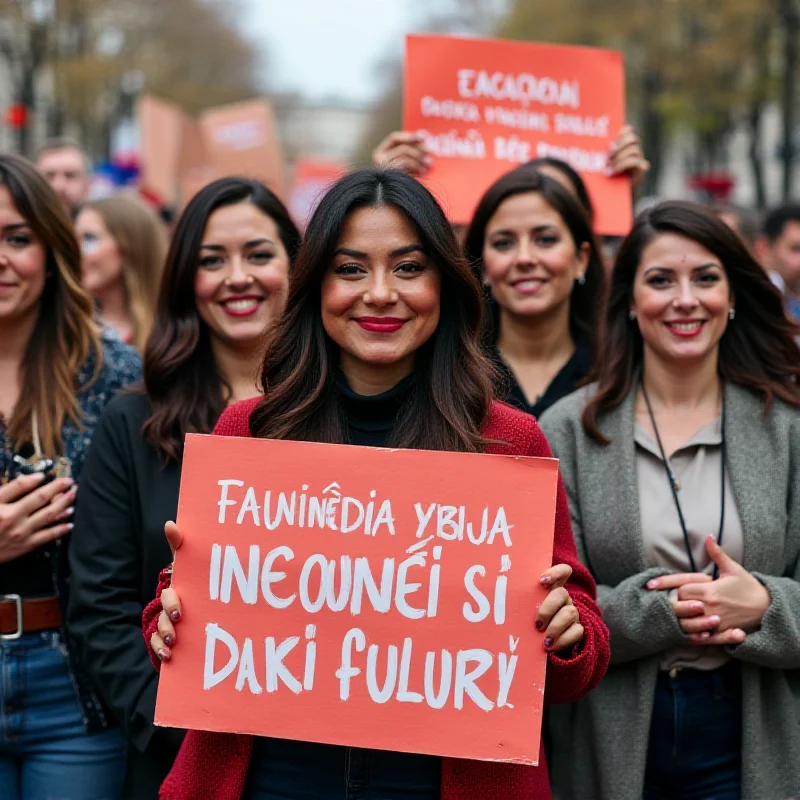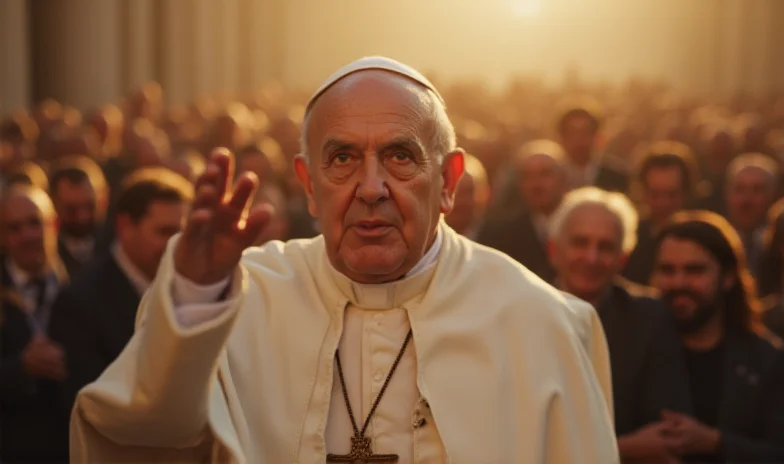Recent news highlights concerns surrounding Pope Francis' health, alongside significant political shifts and ongoing debates within Italy. From discussions on the Pope's potential resignation to controversies over building regulations and feminist dialogues, Italy is experiencing a period of dynamic change.
Pope Francis' Health and Potential Resignation
Concerns regarding the health of Pope Francis have been circulating, prompting discussions about the possibility of his resignation. Cardinal Stanisław Dziwisz, a close associate of Saint John Paul II, addressed these concerns in an interview with the Italian newspaper "La Repubblica."

Cardinal Dziwisz dismissed the likelihood of the Pope's resignation, emphasizing the unwavering commitment expected within the Catholic Church. He stated,
"One does not step down from the cross of Christ."This statement underscores the perceived duty and dedication required of the Pope, suggesting that resignation is not a viable option despite health challenges.
Political U-Turn on the Salva Milano Bill
In a separate development, political figures Sala and Schlein have reversed their positions on the Salva Milano Bill following the arrest of a former official. This bill, aimed at addressing building speculation, has faced significant controversy. The PD (Democratic Party), which previously supported the bill in the Chamber, is now unlikely to reaffirm its support. The mayor has also withdrawn his backing.
This reversal signifies a major shift in the political landscape, reflecting the impact of recent events on public trust and policy decisions. The future of the Salva Milano Bill remains uncertain as political support wanes.

Feminist Dialogue and Inclusion in Italy
Italy continues to grapple with complex issues surrounding feminism, inclusion, and exploitation. Meaningful dialogue among feminists on topics such as prostitution, surrogacy, freedom of choice, and transgender rights has been challenging.
A group of women associated with the Dichiariamo network has penned an open letter addressing these challenges. The letter cautions against forms of inclusion that may inadvertently perpetuate exploitation. This initiative highlights the ongoing efforts to promote critical discussions and advocate for equitable practices within the feminist movement in Italy.

These developments collectively paint a picture of Italy as a nation navigating complex political, social, and religious landscapes. From the health concerns surrounding Pope Francis to the controversies surrounding building regulations and feminist dialogues, Italy is facing a period of significant change and reflection.
